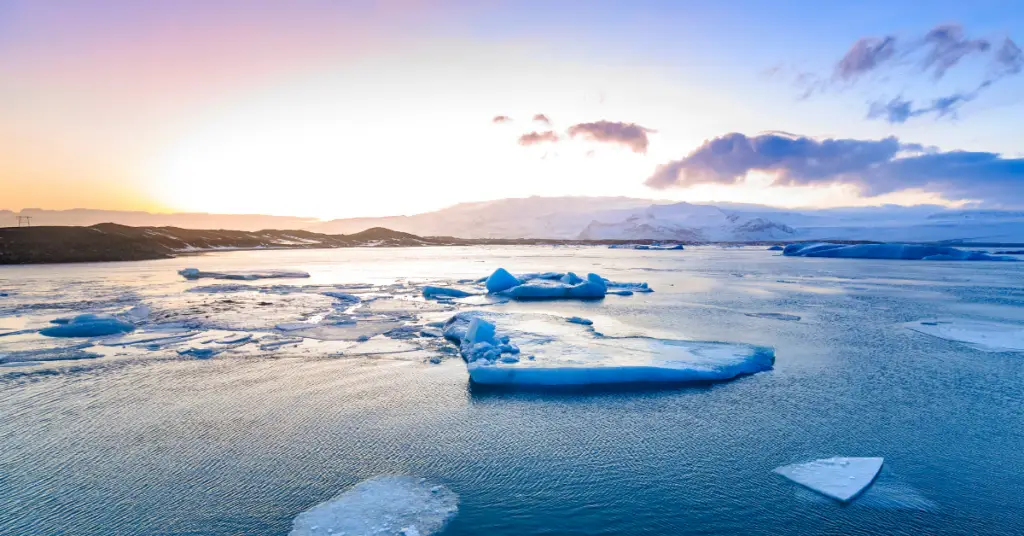Pollution, overpopulation, and other human activities are having a major effect on the environment, by raising the earth’s temperature. The root cause is a phenomenon known as greenhouse gases in the atmosphere such as water vapor carbon dioxide, methane, nitrous oxide, and chlorofluorocarbons.
The more greenhouse gases in the atmosphere, the higher the temperature as more heat gets trapped. Human activities such as the burning of fossil fuels have increased the amount of co2 in the atmosphere by more than a third since the industrial revolution. Other human activities also contribute to the increase in the concentration of greenhouse gases in the atmosphere.
One is deforestation when you cut down a tree you are effectively disrupting the natural carbon cycle everyone knows trees release oxygen and absorb carbon dioxide, but did you know that when you cut down a tree you release all the carbon inside.
On the local scale, however, deforestation is having a different effect first let’s talk about albedo. The albedo is the amount of light that is reflected off a surface main control of albedo is a surface, the forest will absorb light while a bare surface or grass will reflect.
Precipitation patterns are also affected by deforestation, when it rains plants and trees absorb water, through transpiration plants lose water, which is evaporated into the atmosphere, clouds form from the evaporated water, and when enough is collected it begins to rain. However the cycle is disrupted when deforestation occurs, when it rains there are no trees left to uptake the water so most of the following rain collects and moves off the surface as runoff, this means that little water is left to be evaporated which means there’s a smaller contribution towards the formation of clouds and rain, causing droughts.
The rapid increase in greenhouse gases in the atmosphere has warmed the planet at an alarming rate while that of the Earth’s climate has fluctuated in the past atmospheric carbon dioxide hasn’t reached today’s levels in hundreds of thousands of years. Climate change affects our oceans, climate, our food sources, and health.
Ice sheets such as Greenland and Antarctica are melting the extra water that was once held in glaciers, causing sea levels to rise and spills out of the oceans flooding coastal regions. Warmer temperatures also make the climate more extreme, which means not only major storms, more intense floods, and heavy snowfalls, but also longer and more frequent droughts.
These climatic changes pose challenges, cultivation becomes more difficult, areas where plants and animals can live move, and water resources are reduced while creating new agricultural challenges.
Climate change can directly affect people’s physical health in urban areas, the warmer atmosphere creates an environment that traps and increases the amount of smog, this is because smog contains ozone particles which accumulate rapidly to increase exposure to temperatures at higher levels of smog can cause health problems like heart, asthma, lung disease.
While the rapid pace of climate change is caused by humans, humans are also the ones who can do something about it, if we work to replace fossil fuels with renewable energy sources such as solar and wind which do not produce greenhouse gas emissions, we may still be able to prevent some of the worst effects of climate change. There are many small things that we can do everyday to make a difference.

Erzsebet Frey (Eli Frey) is an ecologist and online entrepreneur with a Master of Science in Ecology from the University of Belgrade. Originally from Serbia, she has lived in Sri Lanka since 2017. Eli has worked internationally in countries like Oman, Brazil, Germany, and Sri Lanka. In 2018, she expanded into SEO and blogging, completing courses from UC Davis and Edinburgh. Eli has founded multiple websites focused on biology, ecology, environmental science, sustainable and simple living, and outdoor activities. She enjoys creating nature and simple living videos on YouTube and participates in speleology, diving, and hiking.

